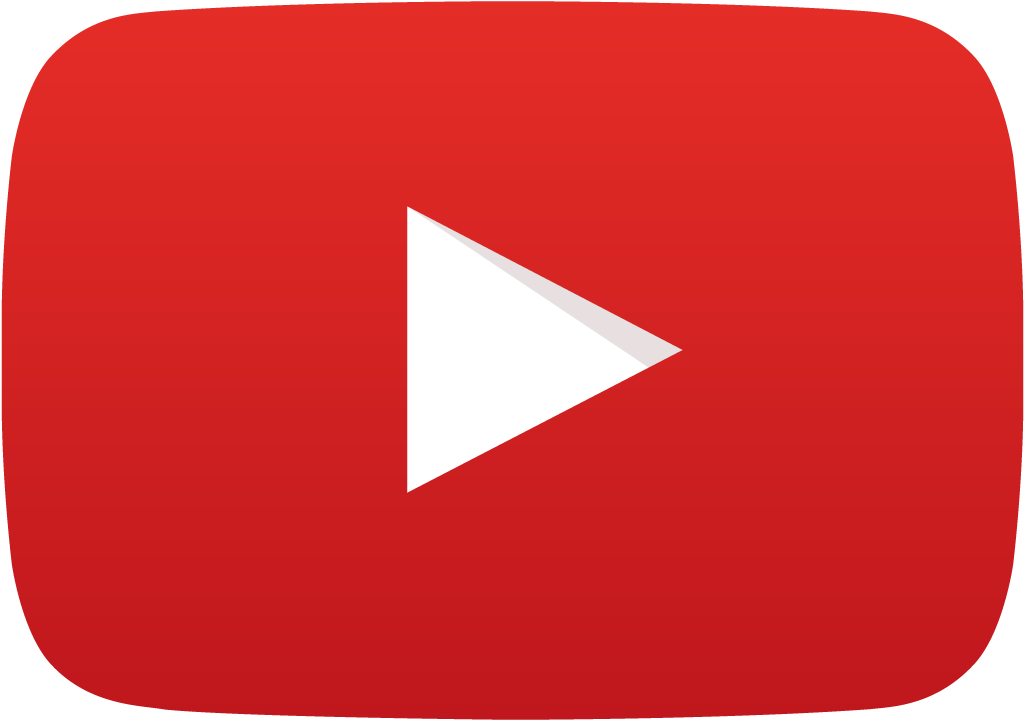YouTube Censorship: Platform Enforces Ad-Friendly Policy
By Sam Schlegel
Recently, YouTube has received a great deal of backlash from its content creators. This backlash comes from the fact that YouTube decided to enforce their “ad inappropriate content” policy.
YouTube claims they have had this policy for a while, however, they have now only just begun to inform creators when creator content is not “ad friendly.” The site is changing how YouTube notifies their content creators when they deem an uploaded video as inappropriate for monetization.
According to the policy, “ad inappropriate content” includes “sexually suggestive content, including partial nudity and sexual humor; violence, including display of serious injury and events related to violent extremism; inappropriate language, including harassment, profanity and vulgar language; promotion of drugs and regulated substances, including selling, use and abuse of such items; and controversial or sensitive subjects and events, including subjects related to war, political conflicts, natural disasters and tragedies ‘even if graphic imagery is not shown.’”

You Tube Logo
Photo provided by Creative Commons
This does not leave much freedom regarding video subject and content, especially when it can be debated on which videos are ad-appropriate and which ones are not. This is a problem because most YouTubers make their living off of their opinionated or not-so-PG-rated videos.
“Basically, YouTube is a bunch of servers and a webpage with a mighty search engine. They take 55% of whatever we YouTubers monetize. We’re talking about billions (over 5 billion a year),” YouTuber Ch1ckenb0ne comments. “Since there are many very, very big YouTube channels who use vulgar language and their channels thrive on it, it seems to be stupid and ungrateful to shut them down. They will lose a heck of a lot of income just because some of their bigger ad companies don’t want to be associated with abnormal behavior or vulgar language… But what is normal these days?”
Many other YouTubers agree, filling Twitter with angry tweets and using the hashtag “#YoutubeIsOverParty.” This especially affects YouTubers with larger channels with millions of subscribers.
Essentially, YouTube is telling their creators to make PG-rated content in order to make money. Ch1ckenb0ne seems to sum it up pretty well, “If you are selling a certain model car, and it’s the ugliest car on the market, but it’s your best-selling car… You don’t stop making it, right? That would be stupid.”
Will YouTube reverse their changes to appease their creators, and will they actually see an impact on their income as a corporation by enforcing the policy? Only time will tell.
